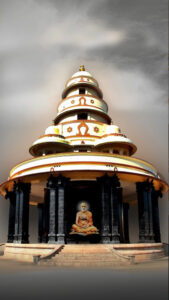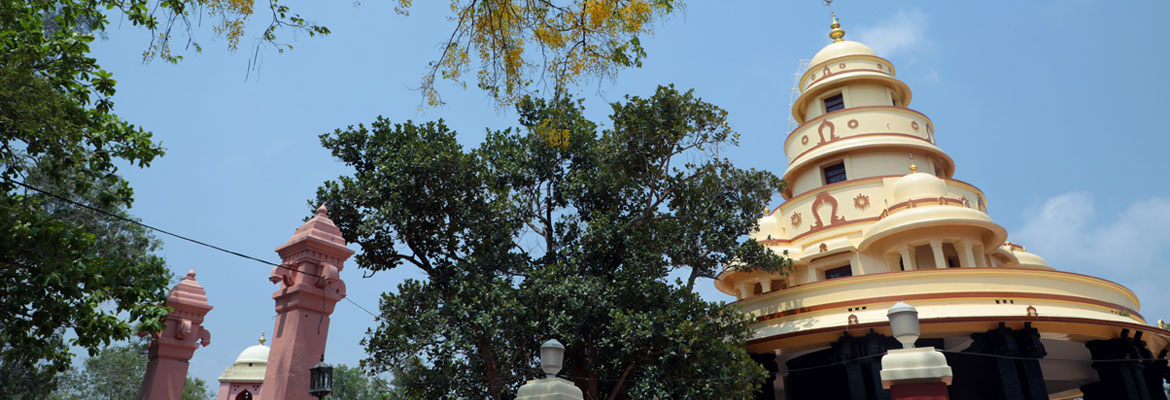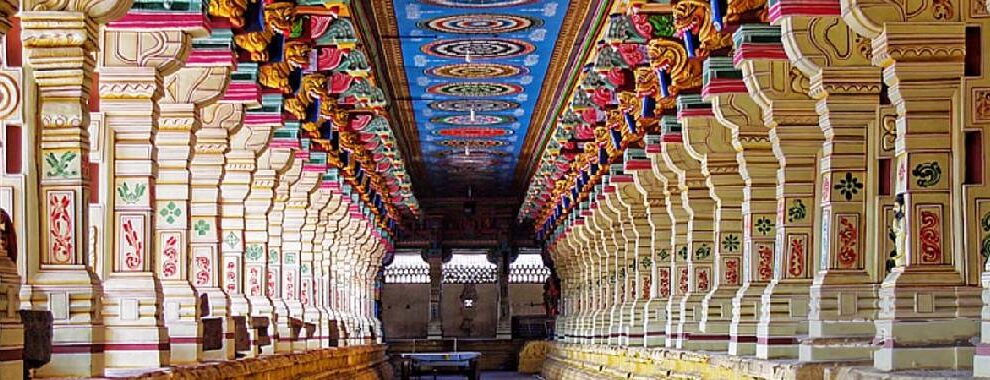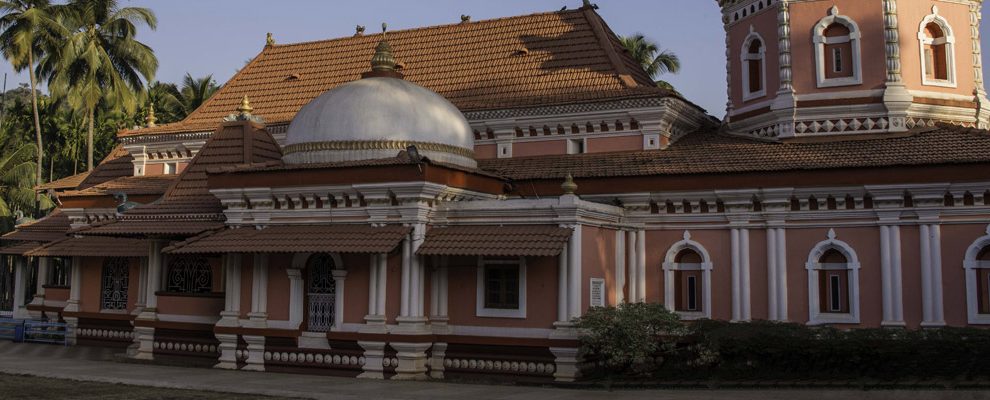History
Sivagiri Mutt, established in 1904 by Sree Narayana Guru near Varkala, Kerala, is a renowned spiritual and social reform center. The Guru envisioned Sivagiri as a place for meditation, self-purification, and the promotion of equality, education, and moral living. He consecrated the Sarada Devi Temple here in 1912, symbolizing the importance of knowledge. The Mutt became the headquarters of the Sree Narayana Dharma Sangham, spreading his message of “One Caste, One Religion, One God for Man.” After the Guru’s death in 1928, his samadhi at Sivagiri became a pilgrimage site. In 1932, the Sivagiri Theerthadanam (pilgrimage) was launched, focusing on education, cleanliness, devotion, and social upliftment. Devotees wear yellow, reflecting purity and learning. Today, Sivagiri remains a major center for spiritual learning and social reform, continuing the Guru’s legacy through education, service, and cultural programs under the Dharma Sangham Trust.
Greatness:
Sivagiri holds great spiritual, cultural, and social significance as the epicenter of Sree Narayana Guru’s revolutionary movement for equality and enlightenment. More than a pilgrimage site, Sivagiri represents a powerful vision of social justice, education, and unity beyond caste and religion. It is home to the Sarada Devi Temple, where the Guru introduced new rituals free from caste-based discrimination, symbolizing a break from orthodox practices. The annual Sivagiri Theerthadanam draws thousands in yellow attire, spreading the Guru’s ideals of clean living, knowledge, and human dignity. As the final resting place of Sree Narayana Guru, Sivagiri inspires generations to live by his message: “One Caste, One Religion, One God for Man.” The Sree Narayana Dharma Sangham Trust, based here, continues his mission through schools, charities, and cultural initiatives. Sivagiri remains a beacon of spiritual purity and progressive thought, echoing the Guru’s timeless call for harmony and human upliftment.

Specialities:
Sivagiri is special for its deep spiritual aura and its role in Kerala’s social renaissance led by Sree Narayana Guru. Located atop a serene hill in Varkala, it is a peaceful retreat where the Guru meditated and founded a movement centered on equality, education, and ethical living.
A key highlight is the Sarada Devi Temple, dedicated to Goddess Saraswati, consecrated by the Guru without traditional rituals—symbolizing simplicity, purity, and access for all. The Sivagiri Theerthadanam, held annually from December 30 to January 1, is another specialty where pilgrims wear yellow, denoting wisdom and purity. The pilgrimage promotes the Guru’s eight pillars of reform: education, cleanliness, devotion, agriculture, industry, handicrafts, organization, and trade. Sivagiri also houses the Guru’s samadhi (tomb), a revered spot for devotees. The ashram is managed by the Sree Narayana Dharma Sangham Trust, continuing to serve as a hub for spiritual learning, social service, and cultural revival.
Festivals:
- Sivagiri Pilgrimage (Theerthadanam)
- Guru Deva Jayanti
- Samadhi Day
Timings:
- 5:30AM - 12PM
- 4:30PM-6:30PM
FAQs
The Mutt is the final resting place (Samadhi) of Sree Narayana Guru, who championed the ideals of "One Caste, One Religion, One God for Man." It also houses the Sarada Temple, dedicated to Goddess Saraswati, which was consecrated by the Guru himself.
Yes, Sivagiri Mutt welcomes visitors of all castes and religions, reflecting the Guru's teachings on social equality and unity.
Sivagiri Mutt is situated approximately 3 kilometers from Varkala town in the Thiruvananthapuram district of Kerala.
Yes, Sivagiri Mutt is open year-round and welcomes visitors every day.





